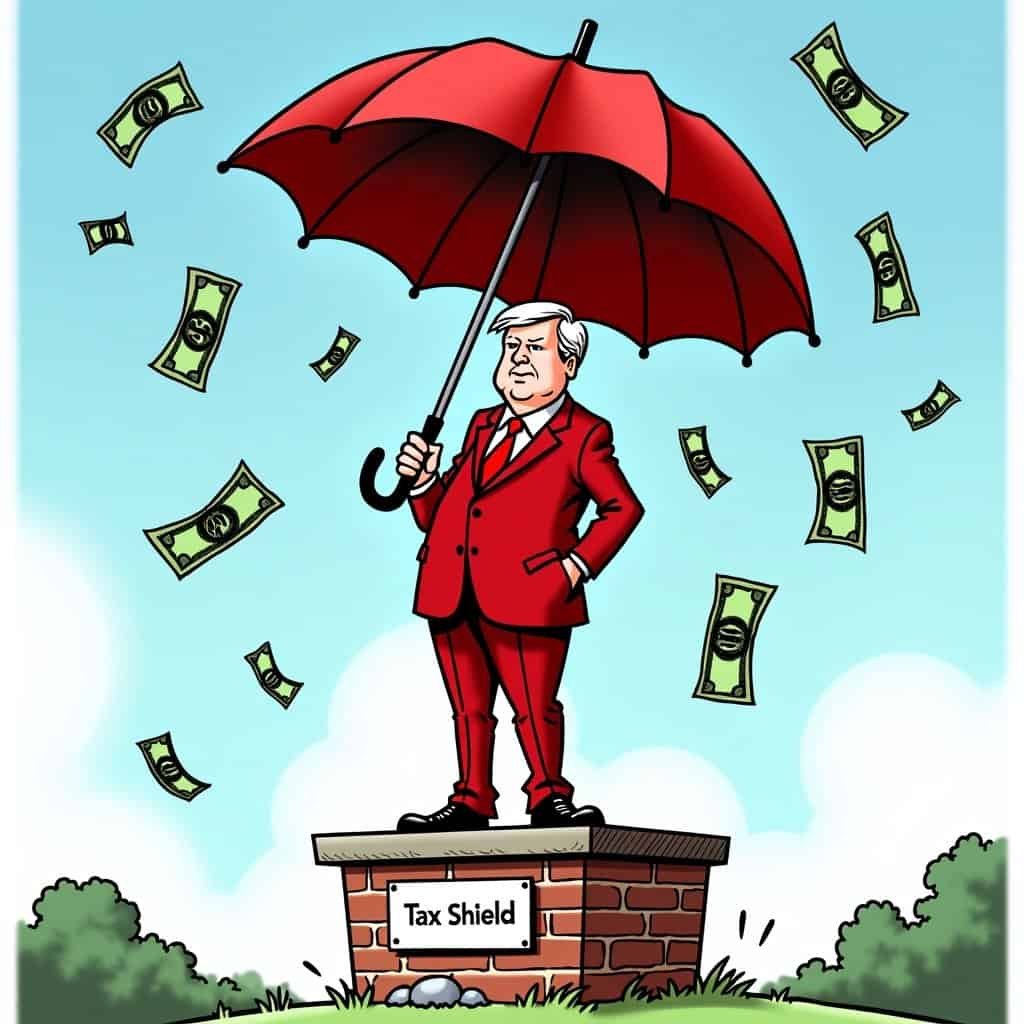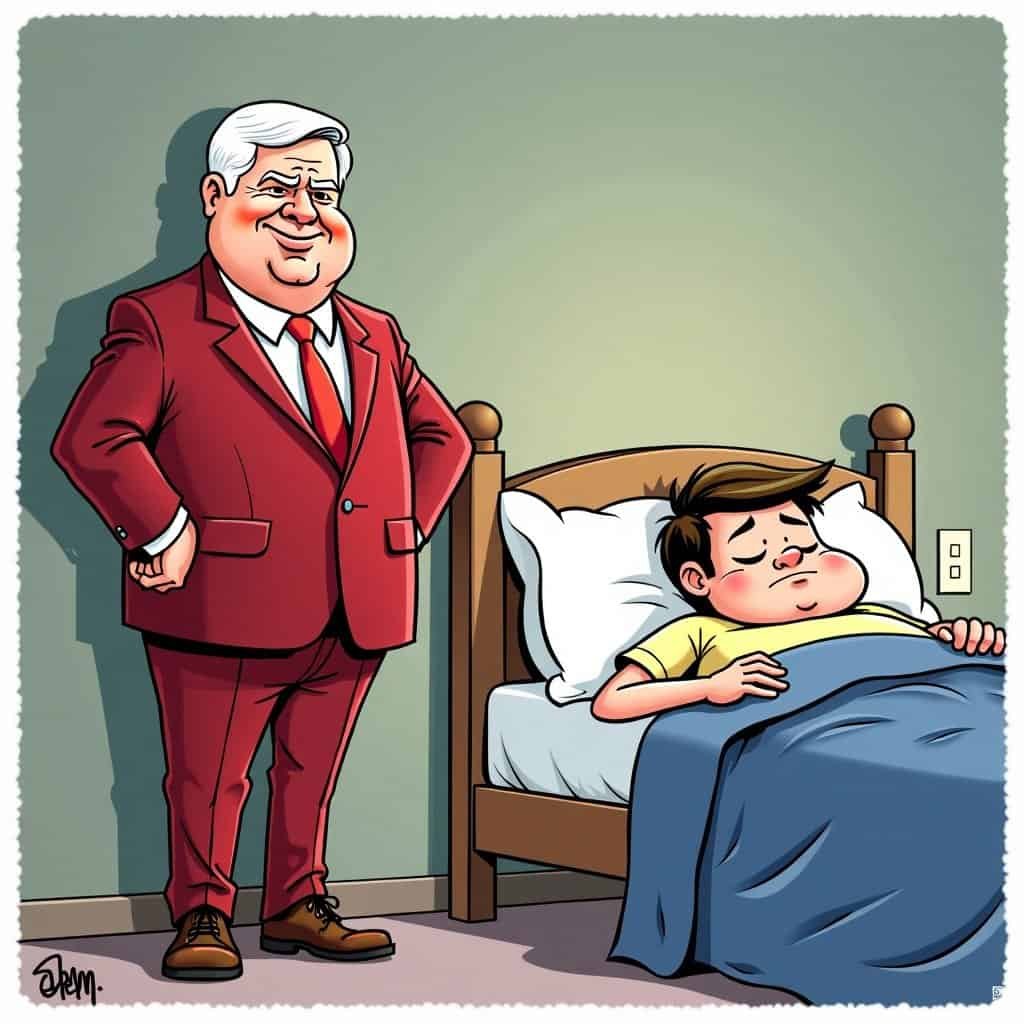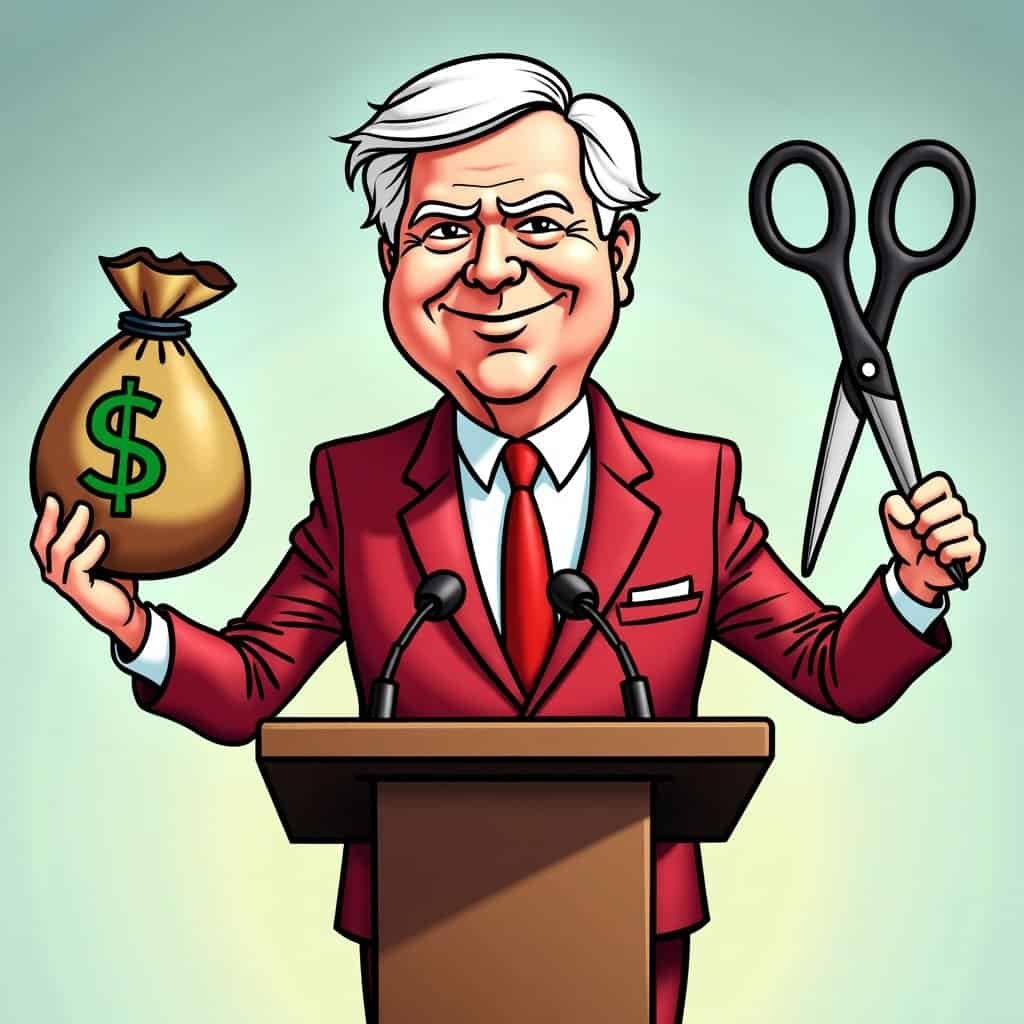Newt Gingrich, the self-proclaimed champion of taxpayer relief, has once again taken center stage in the ongoing debate about fiscal policy. While his track record in the American economy isn’t spotless, he’s certainly positioned himself as the GOP’s go-to guy for battling what he sees as excessive taxation.
Gingrich has always preached the gospel of keeping the government’s hands off your hard-earned cash. It’s a tune as old as the GOP itself: “Grow the economy by inspiring innovation and job creation, not by raiding people’s paychecks.” It’s not exactly groundbreaking stuff, but it’s the kind of economic philosophy that resonates with many.
The former Speaker’s logic goes something like this: Why fork over more cash when there’s less government spending to begin with? He’s all about trimming the government down to size, making it nimble enough to avoid those pesky fiscal hurdles. It’s like he’s trying to turn the government into a lean, mean, budget-balancing machine. Meanwhile, our friends on the left seem more interested in supersizing the government menu – a hefty portion of regulations here, a side of taxes there, and presto: you’ve got yourself a recipe for economic indigestion.
Gingrich’s Approach: A Financial Feast
But Gingrich’s financial feast isn’t just about slashing taxes. He’s cooking up a whole economic banquet. Lower taxes for businesses, a lighter load for everyday folks, and more cash in investors’ pockets are all part of his fiscal menu. And for dessert? A heaping helping of investment, innovation, and entrepreneurship. With these ingredients, Gingrich hopes to serve up an economic meal that’ll leave everyone satisfied.
Gingrich’s Economic Recipe
- Lower taxes for businesses
- Reduced tax burden for individuals
- More money for investors
- Emphasis on investment and innovation
- Support for entrepreneurship
Now, you might be thinking, “But what about the wealth gap?” Well, Gingrich would likely argue that as the economy grows, it’s not just the rich who benefit. He’d say that hard-working folks find themselves climbing the economic ladder too. It’s not so much a trickle-down effect as it is a rising tide that supposedly lifts all boats.
The Liberal Perspective: Robin Hood Economics?
On the other side of the aisle, liberals might prefer a Robin Hood approach – taking from the wealthy to give to those less fortunate. But history suggests that this doesn’t always pan out as planned. Often, the wealth just ends up funding bigger government projects, which doesn’t necessarily translate to more prosperity for the average person. A fatter government wallet doesn’t automatically mean fatter wallets for everyone else. Instead, it can lead to more top-down control and less freedom for everyday citizens.
Contrasting Economic Approaches
| Conservative Approach | Liberal Approach |
|---|---|
| Lower taxes across the board | Progressive taxation |
| Reduce government spending | Increase government programs |
| Encourage private sector growth | Regulate private sector |
So there you have it – Newt Gingrich, the self-styled savior of the humble taxpayer, riding in on his fiscally conservative horse to save the day. In true Gingrich fashion, let’s raise a toast to an economy free from excessive regulation and taxation, where individuals have more say in their financial destinies. Whether it’s Montezuma’s gold or half-baked tax schemes, if Gingrich has his way, we’ll be swimming in the former – and that’s something his supporters can certainly get behind.
Here’s to more dollars in our pockets and fewer in the bureaucratic machine. Keep fighting the good fight, Newt! Who knows? Maybe one day, history (and our bank accounts) will thank you.






